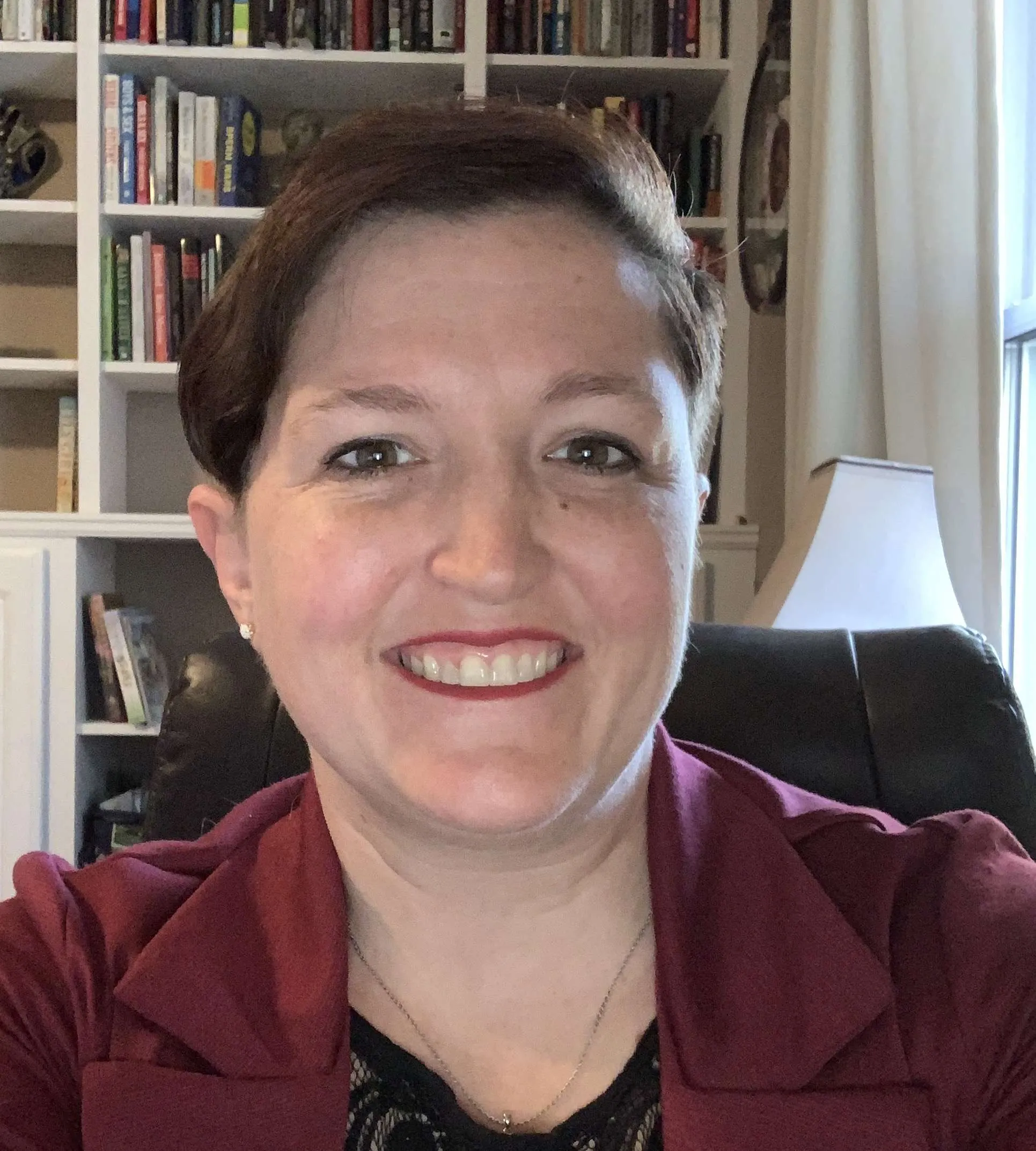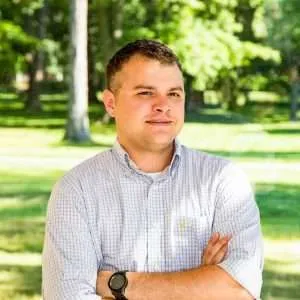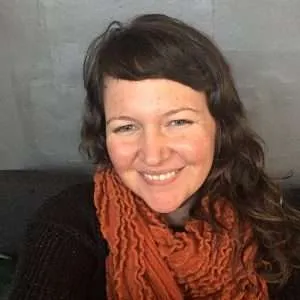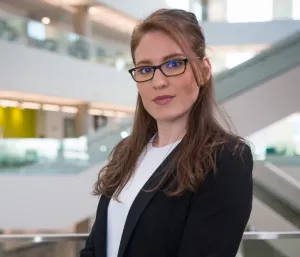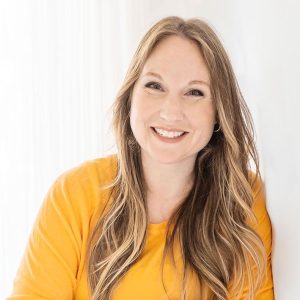Editorial Note:
This profile of Colleen A. Schoenfeld is brought to you through a joint collaboration between Applied Worldwide and sociologists for Women in Society (SWS). Thank you to SWS and all those who made valuable contributions to the Profiles in Applied & Clinical Sociology series.
This profile is presented as part of a larger project with the intentions of: 1) providing students with examples of applied sociology, 2) providing market value to sociological skills and services, and 3) promoting the work of individual sociological practitioners and organizations. Learn more about Sociologists for Women in Society at SocWomen.org.
Colleen A. Schoenfeld:
Colleen A. Schoenfeld is currently a PhD student at California Institute of Integral Studies in the Human Sexuality Program. Previously, she earned her BA in Foreign Languages with a Concentration in German and Master’s of Public Administration (MPA) with a concentration in local and state government.
Colleen also founded the nonprofit Center for Equity Education where she acts as a trainer and investigator related to discrimination and harassment as well as sexual and gender-based harassment. As part of her work with the nonprofit, Colleen presents at conferences and events about Title IX, Title VI, and Title VII as well as about sexual violence on college campuses and in the military. More generally, the Center for Equity Education offers training, education, and investigative services related to prevention and adjudication of sexual harassment, discrimination and harassment, and gender-based misconduct concerns and topics.
When we asked Colleen how she established herself as an applied sociologist, she told us:
I started by serving as an investigator at two higher education institutions and then branched out through the nonprofit to provide similar services that were more prevention focused than compliance focused.
Colleen also mentioned that the Center for Equity Education has potential to offer future employment opportunities for applied sociologists, specifying diversity, equity, inclusion, and accessibility (DEI&A) training and/or investigative experience and sexual violence prevention and investigation experience as important skills and adding “we will also be hiring researchers in the future to conduct in house research related to effectiveness of DEI&A trainings and programming.”
Read the full interview with Colleen below to learn more about her DEI&A work! You can connect with Colleen further via Twitter and Instagram.
Using Sociology in Practice
In general, how do you use sociology in practice?
By ensuring that we use trauma informed practices in all our work as these are triggering and sensitive topics which we discuss, train on, and investigate.
How do you use sociological research methods in practice?
Currently we use applied methods to provide trainings, education, and investigations related to DEI&A and Sexual Misconduct.
How do you use sociological theory in practice?
We use Critical Race Theory, Queer Theory, Applied Theory, Policy Analysis and Application to conduct our work.
Lessons for Future Practitioners
What types of courses should undergraduate students take in preparation for a career similar to yours?
Political Science Courses, African American Studies Courses, History and Civil Rights courses, Women and Gender Studies Courses.
What types of courses should graduate students take in preparation for a career similar to yours?
Critical Race Theory and Queer Studies courses in addition to the suggested undergraduate courses.
What types of experiences should undergraduate students seek in preparation for a career similar to yours?
HR work in investigations, advocacy work related to ADA, LGBTQ+, sexual violence etc. Peer advocacy and activism groups are a great way to start.
What types of experiences should graduate students seek in preparation for a career similar to yours?
Fellowships and internships working for advocacy groups included in the undergraduate recommendations.
What texts or authors can people reference to learn more about the work you do as an applied or clinical sociologist?
Sexual Citizenship, Critical Race Theory, How to be an Anti-Racist, Queer Histories, legal briefs and outcomes related to DEI&A, VAWA/Clery laws and writings.
More generally, what are the best outlets to learn more about the work you do as an applied or clinical sociologist?
Reading and working in advocacy or a related field are great ways to start. Then on the job training is the next step.
How would you describe the daily life of an applied or clinical sociologist?
Putting into practice the theories and knowledge base gained in queer, critical, and ADA related areas of study along with how to comply with and what the law says and means.
What advice do you have for aspiring applied and clinical sociologists?
Know that there are other ways to use your knowledge and skill sets that can truly make a concrete difference. Sometimes it’s not a bad thing to work within a “system” in order to make changes at the systemic level.

